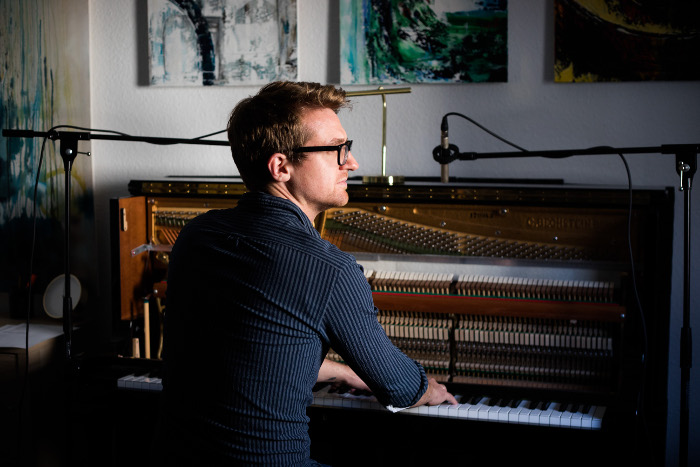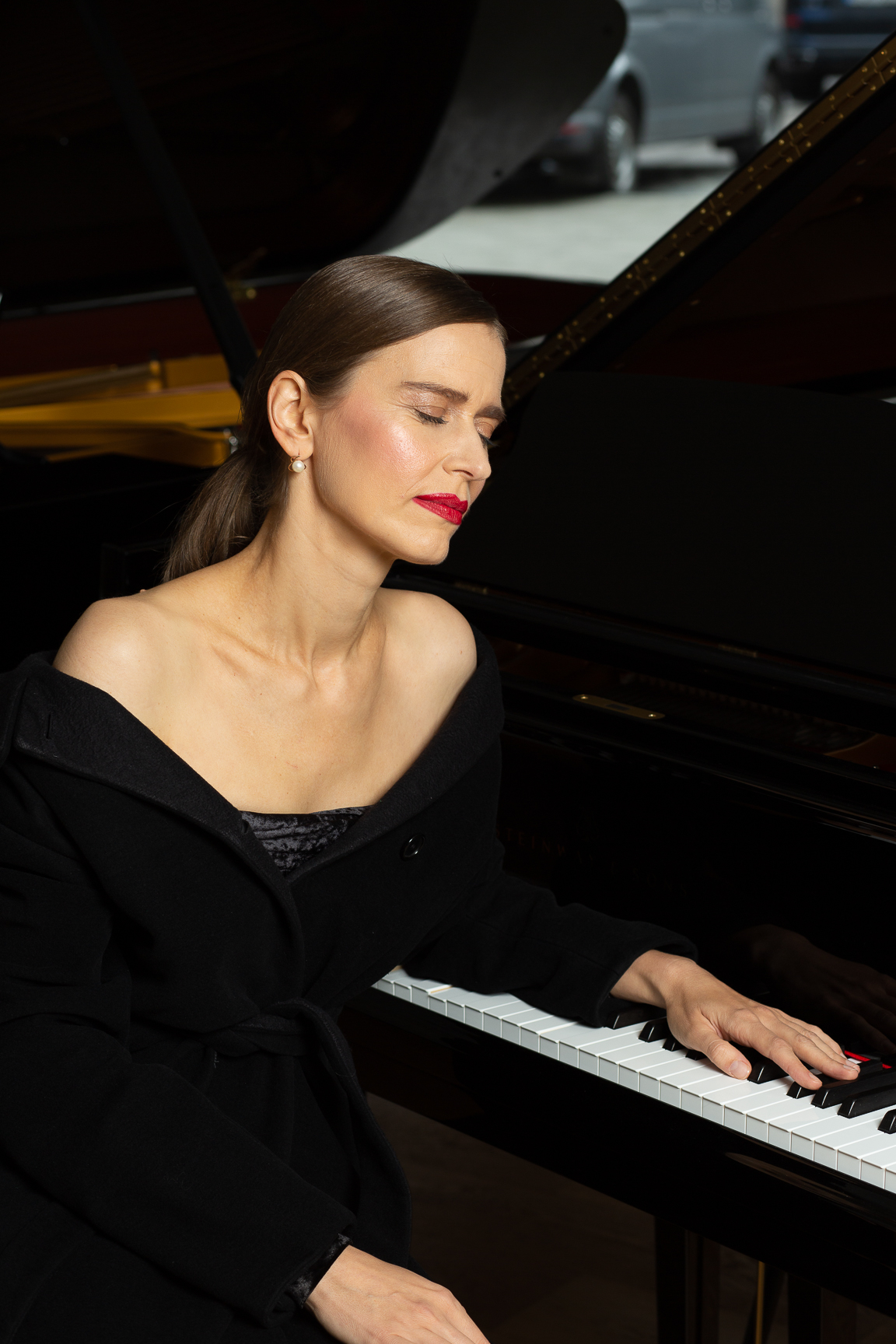About
Garreth Brooke is a British/German musician. He’s released music with 1631 Recordings, THESIS, Moderna and Bigo & Twigetti, with whom his music has been streamed millions of times. He often uses the pen name Garreth Broke and frequently collaborates with his artist partner, Anna Salzmann.
"Lovely... genuinely uplifting..." - Stationary Travels
“A sensitive and profound artist” - PianoDao
“A peculiar kind of nostalgic charm” — Elizabeth Alker, BBC Radio 3
“cuts through the noise of overwrought emotions and cheap platitudes, and speaks directly the heart, reminding people through the beauty of music and art that others have been there too.” — No Dead Guys
He has performed live all over Europe with musicians including Hania Rani, Clemens Christian Poetzsch, Tom Blankenberg, Nathan Shubert, Simeon Walker, Frances Shelley, CEEYS, Jakob Lindhagen and Vargkvint.
“Thanks so much for your amazing set - some really beautiful music - I have heard nothing but praise about your performance” - Steve Luck (Great Northern Piano Sessions @ Gosforth Civic Theatre)
His sheet music has been published by Editions Musica Ferrum and Breitkopf & Härtel. In addition he has consulted on and created sheet music for many composers including Akira Kosemura, Simeon Walker, and Clemens Christian Poetzsch. He is also the curator of the contemporary sheet music project Upright, which has featured award-winning composers like Michael Price, Liam Byrne and Danny Mulhern, popular pianist-composers including Oskar Schuster, Julian Marchal and Peter Broderick as well as acclaimed educational composers like Barbara Arens, Nikolas Sideris and Alison Mathews.
"It's projects like this that show how wonderful the contemporary music community is." - Contemplative Classical
His has written guest posts on PianoDao, music reviews for A Closer Listen, and his article about suicide prevention and mental health was published on Huffington Post UK.
He teaches piano lessons in English in Frankfurt am Main, Germany.
“Garreth is a fantastic piano teacher" - Brenda Christensen, professional soprano and vocal technique teacher
He studied Music at St Edmund Hall in the University of Oxford where he acquired an MA, received the AMTB performance diploma from the Music Teacher’s Board, and holds teaching qualifications from the Royal Conservatory of Music.
You can find more info on his qualifications and a more detailed biography here.

